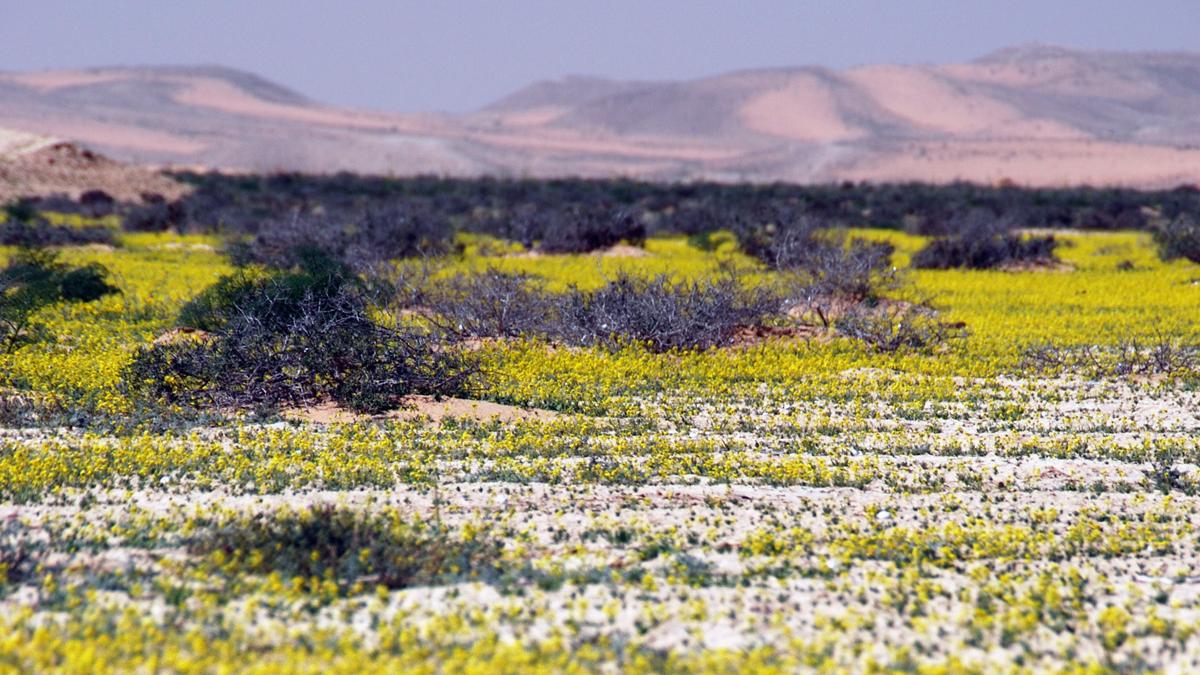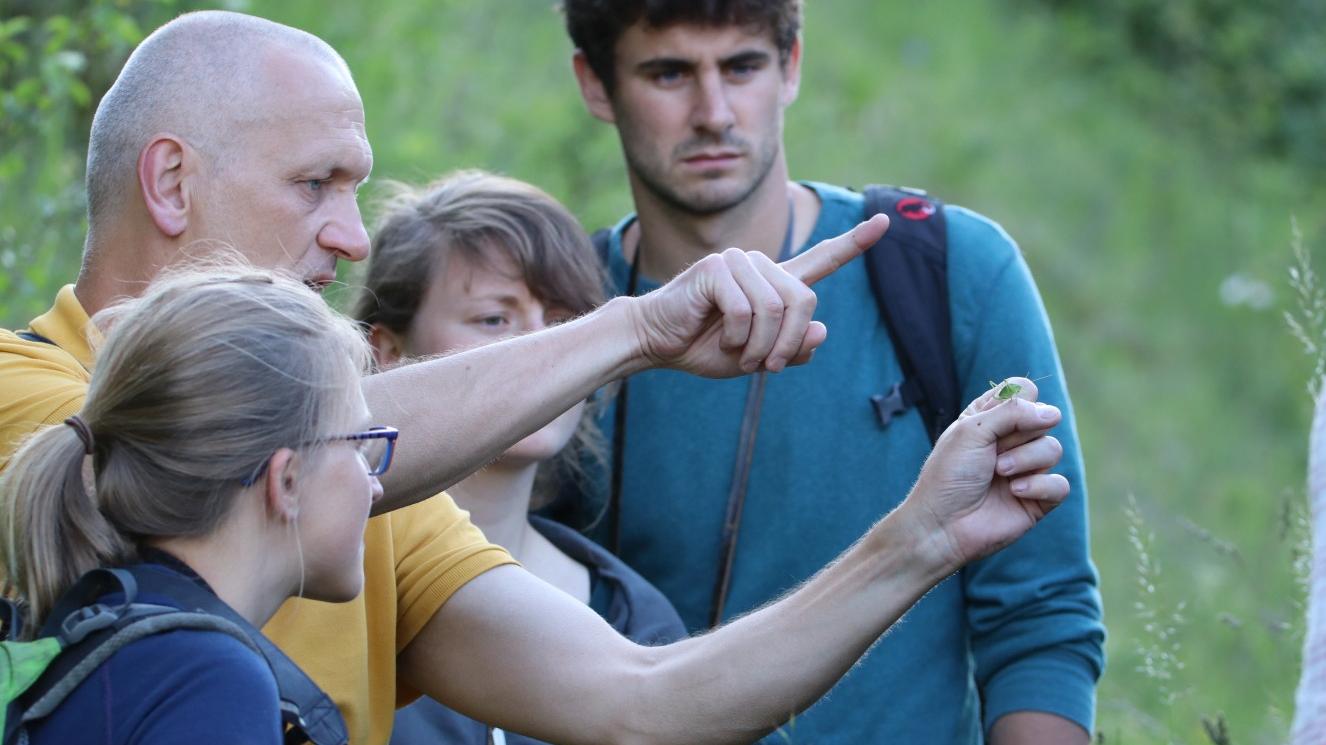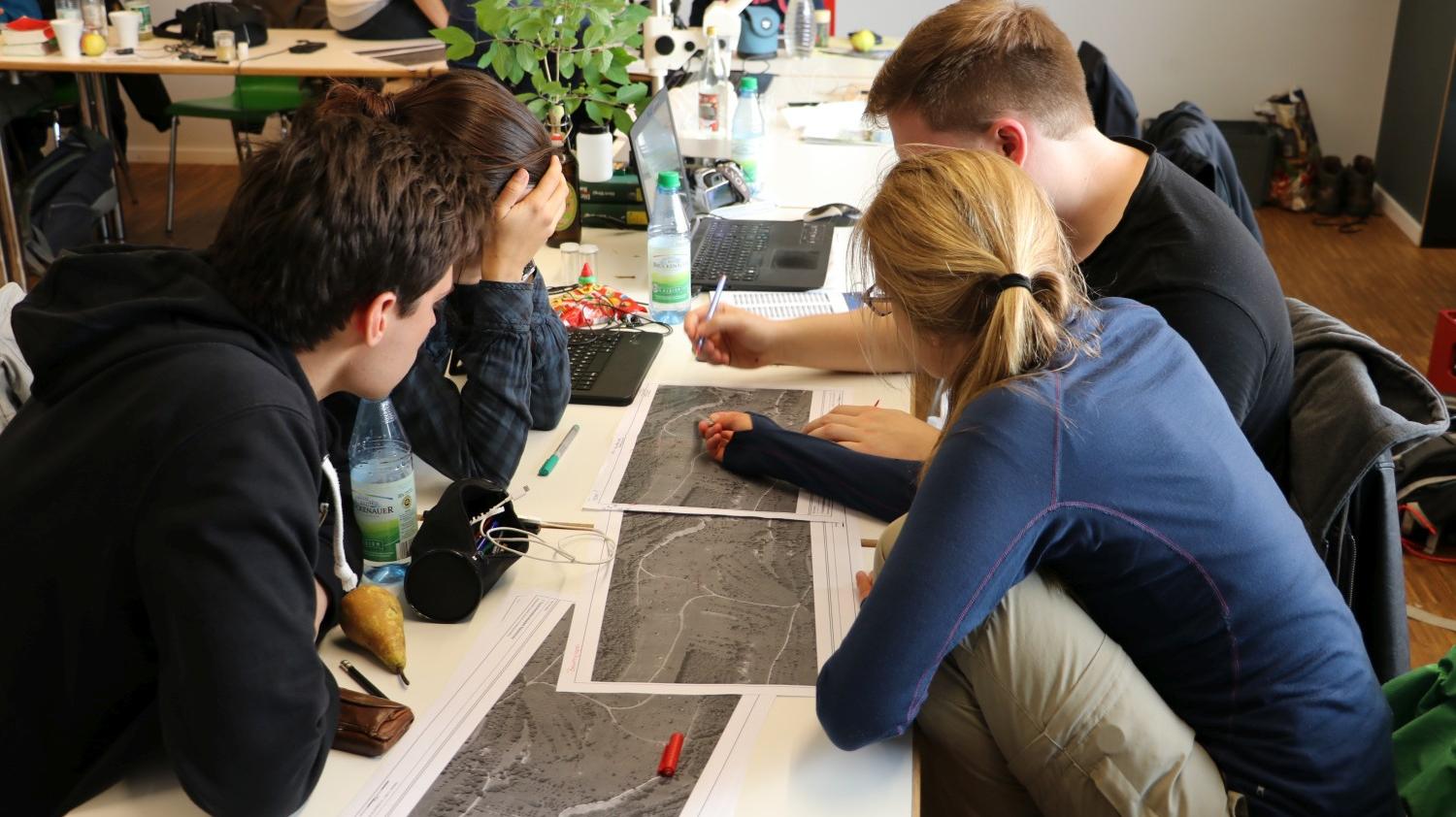Master in Biodiversity, Ecology and Evolution (BEE)
Winter term 2025
To application page MSc BEE
Application deadline for all applicants (new!): 31 May
Programme overview
The diversity of the biosphere is shaped by selection and evolution in complex and dynamic en- vironments characterised by a complex mix of biotic and abiotic agents. Since the start of the Anthropogenic Era, it faces accelerating, large-scale anthropogenic changes in land use, pollutants, biological invasions and climate. Students of the Master of Science in “Biodiversity, Ecology and Evolution” develop an in-depth understanding of the processes and service functions associated with biodiversity from molecular to global scales. They can quantify diversity in genes, morphology, behaviour, or community composition and link it with biological function and ecosystem stability. With this integrative view, students learn to predict ecological and anthropogenic effects on biodiversity, and to design, conduct and analyse rigorous empirical investigations under labo- ratory and field settings. Furthermore, BEE M.Sc. students strengthen their skills to communicate their findings and to contribute actively to ongoing societal debates.
Admission requirements
For admission to the MSc Biodiversity, Ecology and Evolution, a BSc degree in Biology with a grade of 2.50 or better (German grading scheme) is required. This degree program is designed entirely in English. Students have the option of adding German courses to their elective modules. Proof of English language proficiency at level B2 and German language proficiency at level A2 of the Common European Framework of Reference for Languages must be provided.
- English language skills must be proven by:
- TOEFL (79 IBT or 550 PBT) or IELTS 6.5 or English mother tongue or English-language Bachelor's degree (from a country with English as an official language) or Cambridge certificates FCE, CAE, CPE with B2 or higher or English lessons from at least grade 8 up to the Abitur with a final grade of “good”,
- or, a completed degree programme of at least two years' duration – obtained in Australia, Canada, Ireland, New Zealand, the UK or the USA – and with sufficient evidence from the institution that the language of instruction and examination for the degree was English. This only applies to degrees obtained at institutions within the aforementioned English-speaking countries (no branches in other countries and no distance learning).
- International applicants without a German-language university entrance qualification must provide proof of German language proficiency exclusively by means of DSH1, Telc B1, TestDaF 3333 or Goethe-Zertifikat B1.
Study aims
The Master in Biodiversity, Ecology and Evolution programme is designed for a duration of four semesters (120 ECTS credits). Specifically, the program focuses on the study, complexity, function, interactive nature and ecological service of organismal diversity in environments under varying degrees of human impact. The programme trains students in dealing with ecological and biological complexity both from a short-term, local, and a long-term, global perspective. It fuses top-down and bottom-up approaches in the study of plasticity, adaptability, evolvability, functionality, resilience, facilitation, and conservation at levels ranging from ecosystems down to populations and their genetic and molecular diversity.
More information
- Contents and objectives: Module handbook.
- Master Framework Examination Regulations: MRPO (in German).
- Special part for MSc BEE: here (in German)
- Course catalog and registration: alma.



